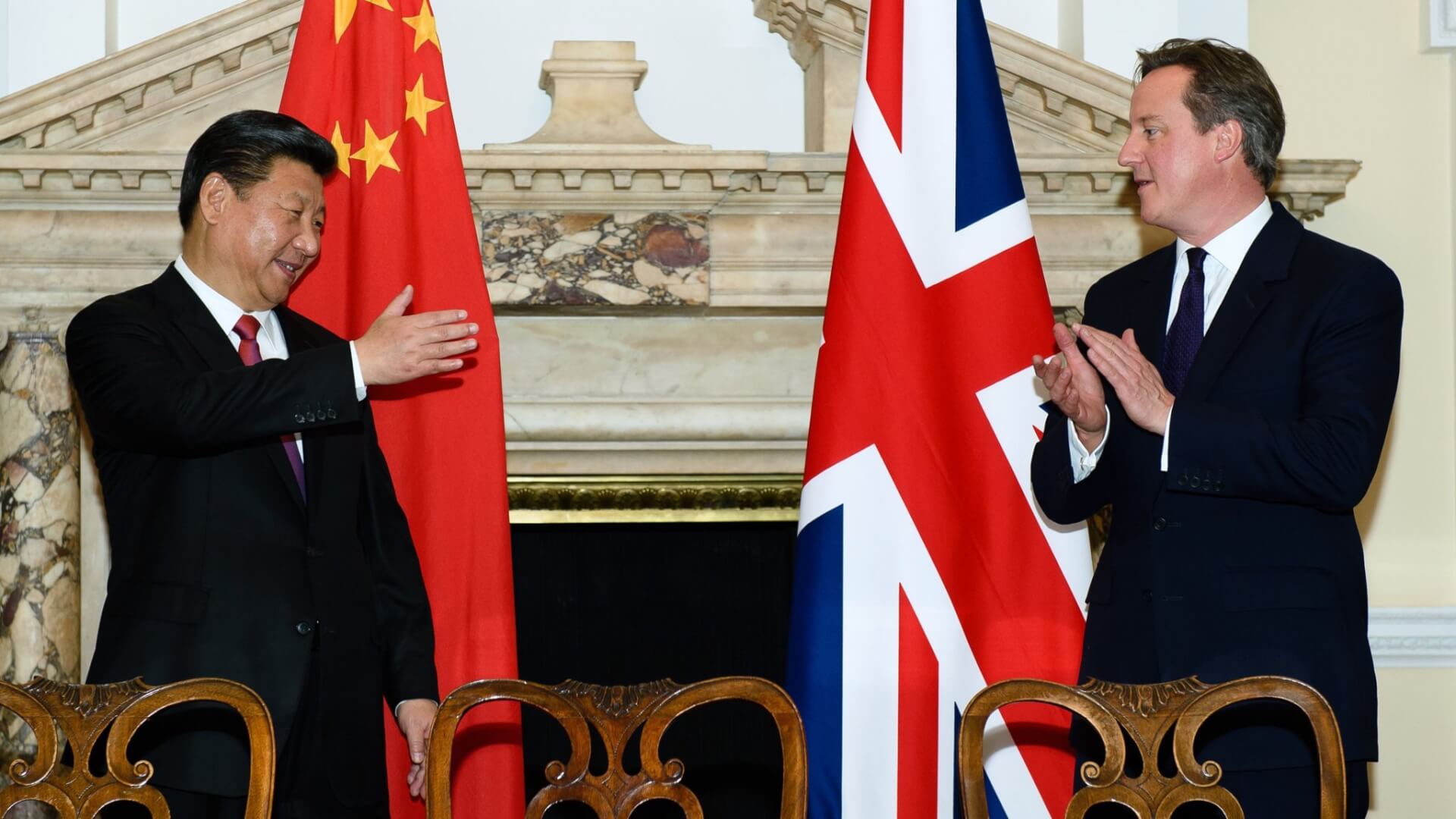A report by the British Parliamentary Foreign Affairs Committee on the importance of preventing the “cycle of decline” in multilateral organisations has accused China of using its “economic leverage” through projects like the Belt and Road Initiative to “bully” multilateral organisations. Titled “The UK’s role in multilateral diplomacy,” the report looks into the working of seven critical multilateral organisations: the World Health Organisation (WHO), the World Trade Organisation (WTO), the United Nations Office for the High Commissioner for Human Rights (OHCHR), the United Nations Human Rights Committee (UNHRC), Interpol, the International Criminal Court, and the Organisation for Security and Cooperation in Europe.
The report, published on June 8, highlights the importance of multilateral organisations as a mechanism where “the ideological difference can be navigated for mutual benefit.” In this regard, it celebrated the role played by the UK in shifting from an international order guided by the “colonial enterprise and shifting blocs of military alliances” to “a new order and forums for international dialogue.”
However, it remarked that the international order established by these organisations was “now in jeopardy.” With the organisations under threat, the report called on the UK to partner with its allies, like the United States, which has resumed its engagements in multilateral fora, to “reassert their commitment to multilateral organisations.” It also recommended using the UK’s “world-class diplomatic network, significant soft power,” and financial capabilities to achieve this.
The report specifically called out China for its attempt to take over critical organisations and distort the international order that is established on mutually agreed principles. Consequently, it warned of the ability of these organisations to be used as weapons to defeat the very principles they seek to protect. Hence, while appreciating the UK’s efforts to protect these organisations, the report called for further steps to counter the “creeping capture of organisations by China.”
On the nature of the threat to these organisations, the report states that countries like China have been using a “spectrum” of tools, from “legitimate influencing” through its position as a permanent member of the United Nations Security Council, to “unacceptable interference,” such as “overtly interfering behaviour and exploitation of the rules.” This, it states, poses a threat of “influence, interference, and sabotage” to the international order. In this regard, the report described China as “much more of a serious threat [than Russia].”
The report cites several examples of China’s misconduct in multilateral organisations. For instance, it spoke of China’s “disruptive behaviour” in May 2014, when the Chinese delegation voted down a resolution to investigate international crimes committed in Syria in the International Criminal Court. Another example was China’s decision to block the visits of the OHCHR since 2005, raising concerns about the human rights violations conducted on its soil. In addition, the report said that China had been actively using its “economic leverage” through projects like the Belt and Road initiative to “bully” multilateral organisations.
The report warned that failure to address these “corrosive influences” would result in a “very real risk that democratic states will lose multilateral organisations to authoritarian states.”
This report comes amid a downfall in the UK’s relations with China. In April, on behalf of the British Foreign, Commonwealth, and Development Office (FCDO), Foreign Secretary Dominic Raab announced cuts in its aid to China by 95% while presenting the department’s Overseas Development Assistance allocations 2021-2022. While making the declaration, he said that the change indicates a “strategic shift” that realigns the British budget with its diplomatic goals and its overall aim to tackle global challenges. Raab said the UK’s aid would instead be spent on asserting “maximum influence as a force for good in Africa and strategically tilt towards the Indo-Pacific.”
On the same day, British Members of Parliament also voted to declare China’s actions in Xinjiang against the Uighur Muslim community as “genocide.” The House of Commons unanimously passed a non-binding resolution calling out the “mass human rights abuses and crimes against humanity in Xinjiang Uighur autonomous region.” Hence, while the declaration of the treatment of Uighur Muslims itself was unlikely to have any tangible impact on Britain’s foreign policy, these developments detrimentally impacted its relations with Beijing. Moreover, China and the UK have also been at odds about introducing a resolution that gave Hong Kong’s local authorities the power to bypass local courts and instantaneously remove politicians viewed as a threat to national security.
Against this backdrop, the Parliamentary Committee's recent report once again indicates the rapidly deteriorating diplomatic relationship between China and the UK.
Read full report here.

